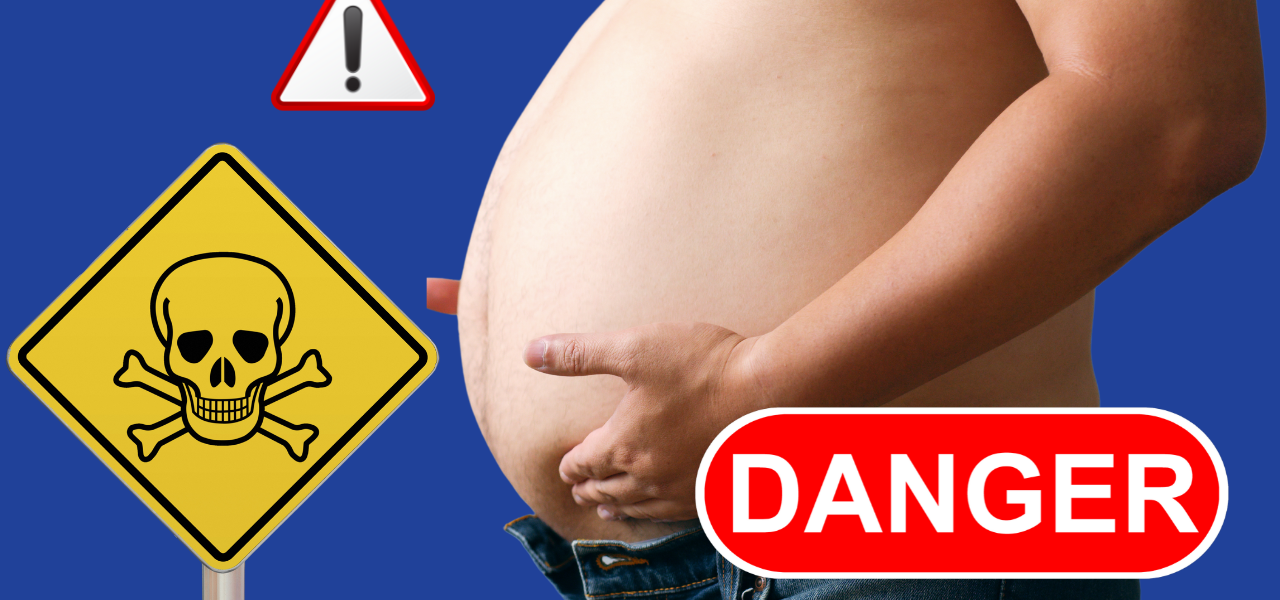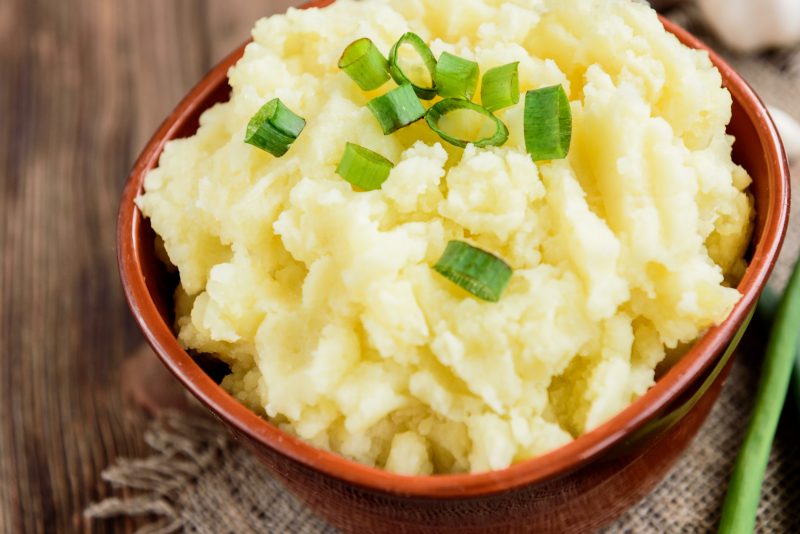When it comes to inflammation, many of us think of joint pain or sore muscles. But did you know that one of the most common sources of chronic inflammation may be hiding in plain sight? It’s belly fat. This type of fat—particularly the kind that surrounds your organs—isn’t just extra weight; it’s highly inflammatory and can significantly impact your health.
Belly Fat: Here’s Why It’s a Concern
Belly fat, also known as visceral fat, isn’t just an energy reserve. It’s metabolically active, releasing inflammatory molecules like cytokines that can spread inflammation throughout your body. Research shows that belly fat contributes to systemic inflammation, increasing the risk of chronic diseases such as heart disease, diabetes, and even some cancers.
Research Highlights:
Studies in The Journal of Clinical Investigation and Harvard Health confirm that high levels of visceral fat lead to metabolic disruptions and raise inflammatory markers, like C-reactive protein (CRP). This silent inflammation often goes unnoticed but may be at the root of various health issues.
Do You Have Inflammatory Belly Fat? Key Signs to Look For
If you’re wondering whether inflammation could be affecting you, here are some common indicators:
- Waist Size: Men with waists over 40 inches and women over 35 inches are more likely to have high visceral fat levels.
- Low Energy and Fatigue: Chronic inflammation can drain your energy reserves, leaving you feeling sluggish and tired.
- Digestive Issues: Bloating, constipation, and discomfort are often tied to abdominal inflammation.
- Joint Pain: Even if you aren’t overweight, visceral fat’s inflammatory nature can aggravate joint pain or stiffness.
Testing for Inflammation: The CRP Test
If you’re concerned about inflammation, a simple blood test called the CRP (C-reactive protein) test can help. High CRP levels are a key marker of inflammation and can signal an increased risk of inflammatory diseases linked to belly fat. Consider asking your healthcare provider about this test to better understand your inflammation levels.
Natural Ways to Combat Inflammatory Belly Fat
The good news is that there are effective, natural methods to help reduce both belly fat and inflammation. Here’s what I recommend:
- Adopt a Low-Carb or Ketogenic Diet: Research supports low-carb and ketogenic diets such as the Keto Zone diet as effective strategies for reducing visceral fat. When you enter ketosis, your body burns fat for fuel, particularly targeting stubborn belly fat. This approach can improve insulin sensitivity and reduce inflammation at the same time.
- Incorporate Anti-Inflammatory Foods and Herbs: Nature offers powerful inflammation fighters. For example, turmeric contains curcumin, which is known for its anti-inflammatory effects, and ginger has gingerols that help soothe inflammation. Including these in your diet can help manage inflammation naturally.
- Eat Antioxidant-Rich Foods: Antioxidants neutralize free radicals, which are a source of inflammation. Foods like berries, leafy greens, and other colorful vegetables provide a range of antioxidants to combat oxidative stress and protect your cells.
- Maintain a Healthy pH Balance: While our bodies work to regulate pH naturally, a diet rich in alkaline-forming foods—such as vegetables, fruits, and certain supplements—can help support this balance, which may reduce inflammation and promote overall wellness.
- Exercise Regularly: Staying active is essential for reducing visceral fat. Aerobic activities, such as walking, running, or cycling, are particularly effective at targeting belly fat. Aim for at least 30 minutes of exercise most days to help manage both weight and inflammation.
- Prioritize Sleep and Manage Stress: Poor sleep and chronic stress increase cortisol, a hormone linked to belly fat storage. Practices like mindfulness, meditation, and relaxation techniques can reduce stress, improve sleep quality, and lower inflammation.
Final Thoughts from Dr. Colbert
Belly fat is more than a cosmetic issue—it’s a source of inflammation that can harm your health. If you recognize any of the signs of inflammatory belly fat or have elevated CRP levels, consider adopting a lifestyle that supports reduced inflammation. By focusing on an anti-inflammatory diet, regular physical activity, and stress management, you can help protect your body from the damaging effects of inflammation and support long-term wellness.
















